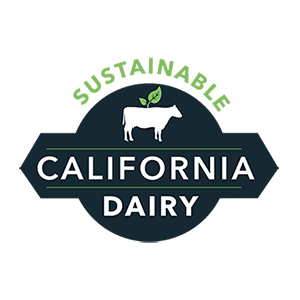By Paul Sousa, Director of Regulatory and Environmental Affairs
The California Air Resources Board (CARB) is going after diesel trucks and their emissions in a big way. Diesel trucks are the workhorse of our modern society, moving the products we use every day. As the saying goes, “If you bought it, a truck brought it.” With so many truck regulations, it is easy to get them confused, creating seemingly conflicting information. Here, I will try to clear up the facts that are important to dairy farmers.
The Truck & Bus Rule was adopted by CARB in 2008 to phase out trucks with 2009 and older diesel engines. That phase-out is now complete. Trucks with 2010 and newer diesel engines are not covered by this rule as they are designed to produce much lower levels of pollution. However, for those that still have trucks with 2009 and older diesel engines the only way to be able to continue to register those with the DMV is with an exemption from the Truck & Bus rule called the Low Use Exemption. This requires that the odometer reading be reported to CARB each January, proving that the truck operated less than 1,000 miles the previous calendar year. As a reminder, if you have a truck in the Low Use Exemption, you must report the odometer reading to CARB by January 31.
One of the newest rules is the Clean Truck Check, which applies to all trucks with a Gross Vehicle Weight Rating (GVWR) of 14,000 pounds or greater. This rule requires trucks to be tested to ensure that the factory emissions control systems continue to function properly. This rule has a reporting deadline that is also January 31 of this year, which was extended from December 31. More information on this rule can be found here: https://ww2.arb.ca.gov/our-work/programs/CTC
CARB also has other rules requiring certain large fleets to transition to Zero-Emission Vehicles. One of these rules, Advanced Clean Fleets (ACF), has been challenged, and CARB has reported that they will not be enforcing ACF until they address this challenge. CARB is seeking a waiver from USEPA, allowing CARB to have more stringent regulations in this area than USEPA. The challenge to this rule does not affect the implementation of the other rules that CARB has on trucks, including the Truck & Bus and Clean Truck Check reporting requirements. If you have any questions or need help on these issues, please reach out to me.










